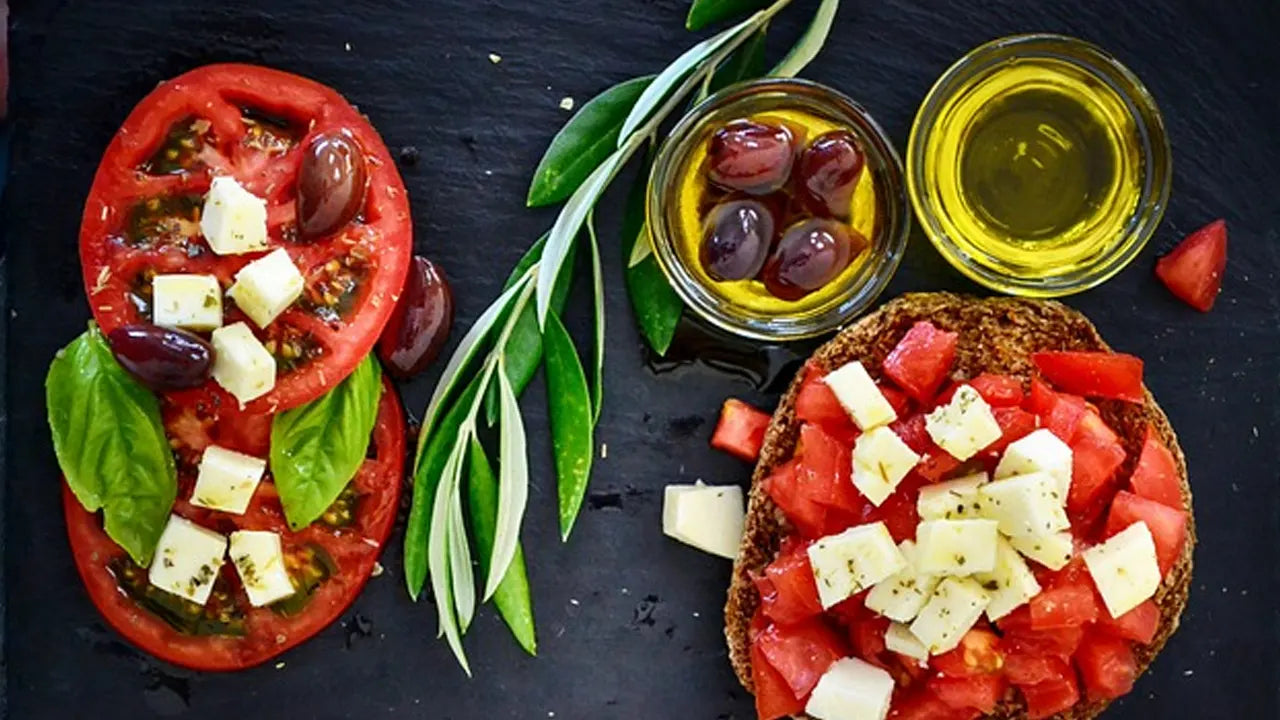The Mediterranean Diet has been a popular nutritional lifestyle for many years, gaining traction as more research points to its tremendous health benefits. With its emphasis on plant-based foods and healthy fats, it's no wonder that the Mediterranean diet is hailed for its ability to promote heart health, blood sugar stabilization, brain health, and general wellness. Boasting a range from wholesome grains to fresh vegetables and lean proteins, this nutrient-rich diet stands out from the rest. If you're wondering what is the Mediterranean diet, this comprehensive guide will provide an overview of its components, including whole grains, proteins, and even a nutritious sample menu for a week. In addition, you'll learn how following the Mediterranean diet can benefit your health, as well as helpful shopping tips for selecting quality ingredients.
Get ready to join the thousands of people who have embraced the Mediterranean diet as a way of life!
Short Summary
- The Mediterranean Diet is a dietary pattern based on traditional foods of countries surrounding the Mediterranean Sea, emphasizing plant-based foods and beneficial fats.
- It offers numerous health benefits such as weight loss, improved cardiovascular health, balanced blood sugar levels, and protection of brain function.
- The main foods in a Mediterranean diet include fruits, vegetables, whole grains, nuts, seeds, olives, olive oil, herbs, spices, and healthy animal proteins.
What is the Mediterranean Diet?

Benefits of the Mediterranean Diet
Overview of the Mediterranean Diet

Guidelines for Eating in the Mediterranean Style

Sample Menu for a Week on the Mediterranean Diet

Healthy Snack Options on the Mediterranean Diet

Eating Out on the Mediterranean Diet

Shopping Tips for Nutrient-Dense Foods

Success Story of Following the Mediterranean Diet for a Month

Health Benefits of the Mediterranean Diet

Main Foods in a Mediterranean Diet

Top 10 Foods on a Mediterranean Diet

Foods to Avoid on the Mediterranean Diet

Can You Eat Eggs on the Mediterranean Diet?

Summary
Frequently Asked Questions
What foods do you eat on a Mediterranean diet?
What foods can and can not be eaten on the Mediterranean diet?
What is a typical Mediterranean breakfast?
What are the most famous foods in the Mediterranean diet?
What are the foods in a Mediterranean diet?










